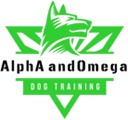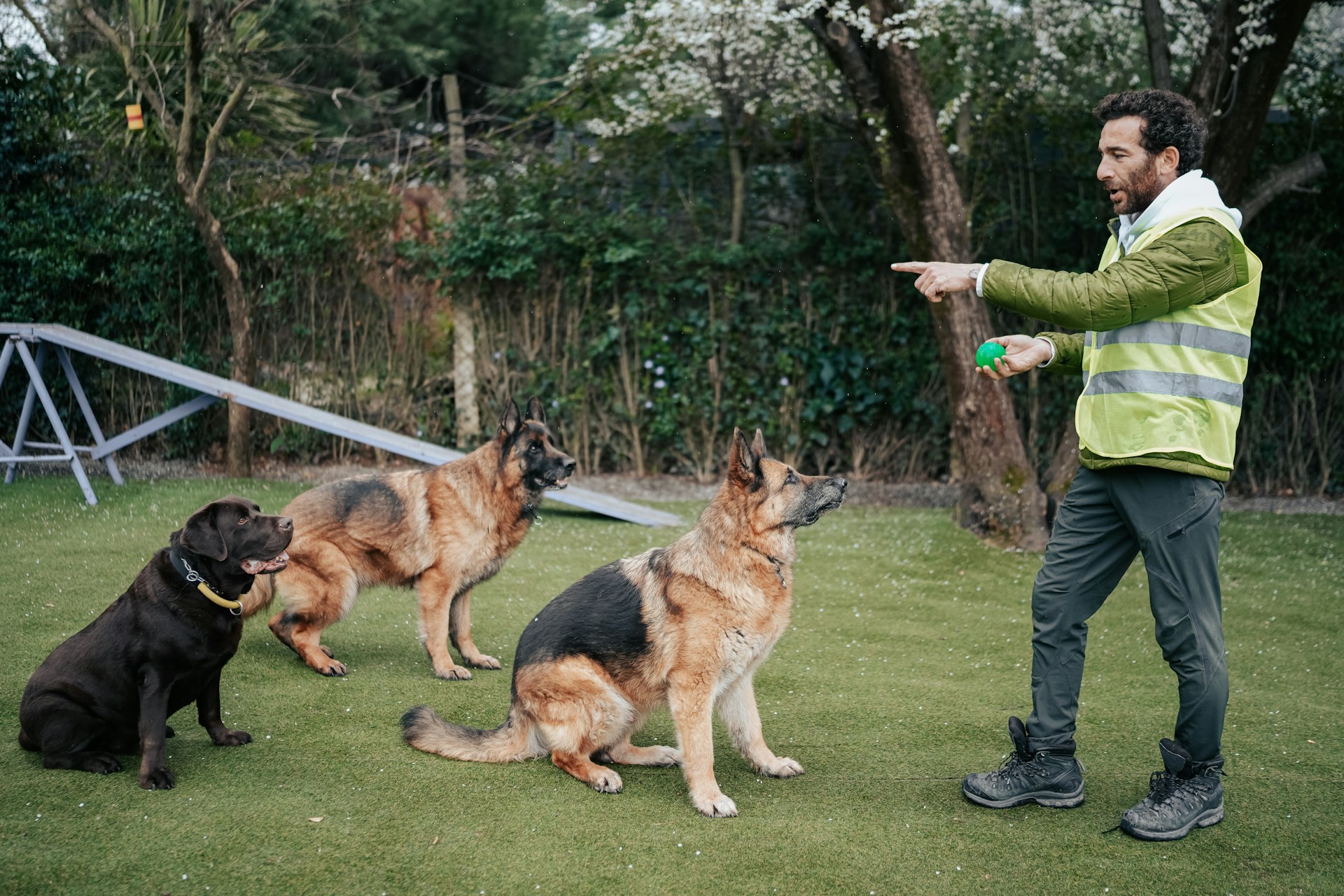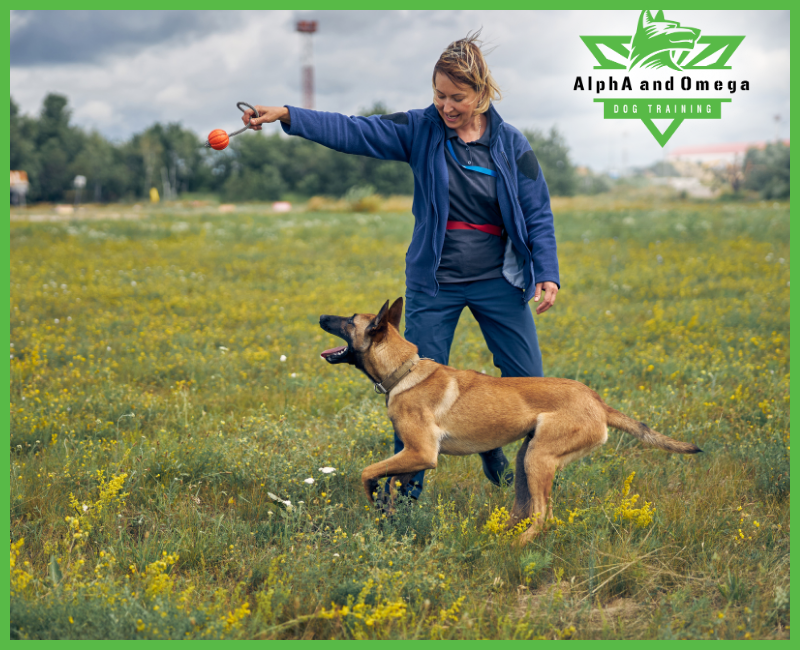
Keeping your dog healthy is not only just a job, but maybe one of your top responsiblities. We love our dogs like family, and therefore, we treat them like family. From cuddles to spoiling them with long walks and their favorite toys, dogs really are the furry family members we all love to love. However, there are times when the rose-colored glasses we see our dogs through can be detrimental to our dog’s health.
While we view them as members of our family, it is important to note that from human food to human medication—we cannot always treat our pooches as we would a human family member. Remembering that we are their Pack Leaders and they depend on us to keep them safe is paramount.
Best Health Care Practices To Keep Dog Healthy
They are not our children; they are our canine pack members and we must—for their health—distinguish the difference, as much as we want to spoil them rotten. Being aware of the medications and ingestible items that are poisonous or harmful to your canine will help to ensure you live a happy, healthy life together for many years to come.

Foods Are Not Healthy for Dogs
These common household foods should not be fed to your dog:
· Alcohol
· Caffeine
· Chocolate
· Grapes/Raisins
· Nuts
· Onions
These common household medications should not be given to your dog:
· Acetaminophen (Tylenol)
· Anti-Depressant/Anti-Anxiety Medication
· NSAIDs (Advil, Motrin)
· Sleep Aids (Xanax, Ambien)
While the tastiness of the above-mentioned foods and the helpfulness of the medications have a host of nutritional and beneficial medical properties for humans, they are quite dangerous for our canine friends. If ingested, your dog can experience anything from gastrointestinal distress, such as diarrhea and vomiting, to downright toxic and potentially lethal side effects.
Human medication can also negatively affect your dog’s neurological functioning, as well as create long-lasting complications and side effects. While the benefits of pain relievers and anti-anxiety medication are undeniable in dogs, it is necessary that this type of medication is prescribed in consultation with your veterinarian to make sure the correct type, dosage, and effect on your pet is what is desired.
At AlphA and Omega Dog Training, we care about your furry family member! While we have a passion for animal health and welfare, we are not medical experts—so all questions and concerns about your pet’s health should always be done alongside your veterinarian.
What we do know inside and out is training! If you have a new furry family pack member and you need to get that walking routine, basic commands, or more advanced training underway—we are in your corner! Visit our Facebook page or give us a call at 844.739.0990 to have us join as a member of your “pack”!





